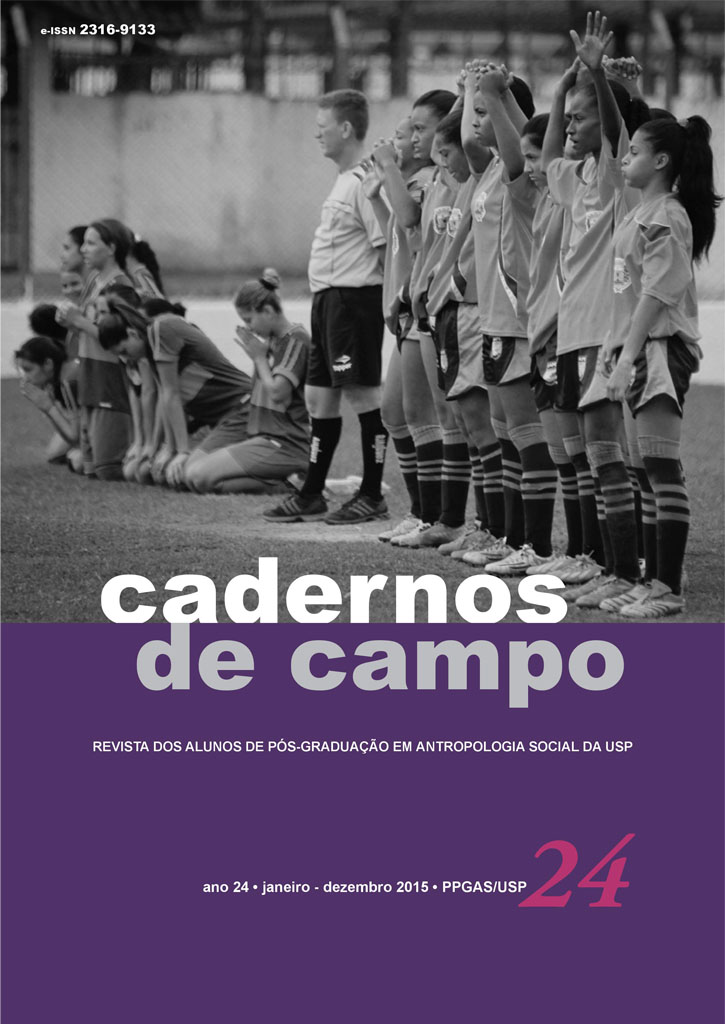About desire: the emergence of extensive differences among living ones (Aikewara, Pará)
DOI:
https://doi.org/10.11606/issn.2316-9133.v24i24p487-504Keywords:
Ethnology, Ontology, Tupi-Guarani, Body, GenderAbstract
Every kind of body has its own path, something that defines it in a profound way, says the Aikewara, Tupi-Guarani people from southwest Pará. For example, man or woman is the one who walks as man or woman, who walks through the path that belongs to this “kind” of body. However, the path of a being in particular is not given and, therefore, can be diverted – is more like a trail that is gradually drawn in the forest.That said, the question posed by this article is: What happens when a man strays from his own path and “walks” as a woman? In other words, the intent here is to present a outline of na ontology which, for all purposes, one body can turn out to be another, where a man can come to effectively become a woman, and vice versa.Downloads
Download data is not yet available.
Downloads
Published
2016-06-17
Issue
Section
Special Section
License
I authorize Cadernos de Campo Journal of Anthropology to publish the work of my authorship/responsibility, as well as I take responsibility for the use of images, if accepted for publication.
I agree with this statement as an absolute expression of truth. On my behalf and on behalf of eventual co-authors I also take full responsibility for the material presented.
I attest to the unpublished nature of the work submitted
How to Cite
Calheiros, O. (2016). About desire: the emergence of extensive differences among living ones (Aikewara, Pará). Cadernos De Campo (São Paulo, 1991), 24(24), 487-504. https://doi.org/10.11606/issn.2316-9133.v24i24p487-504





